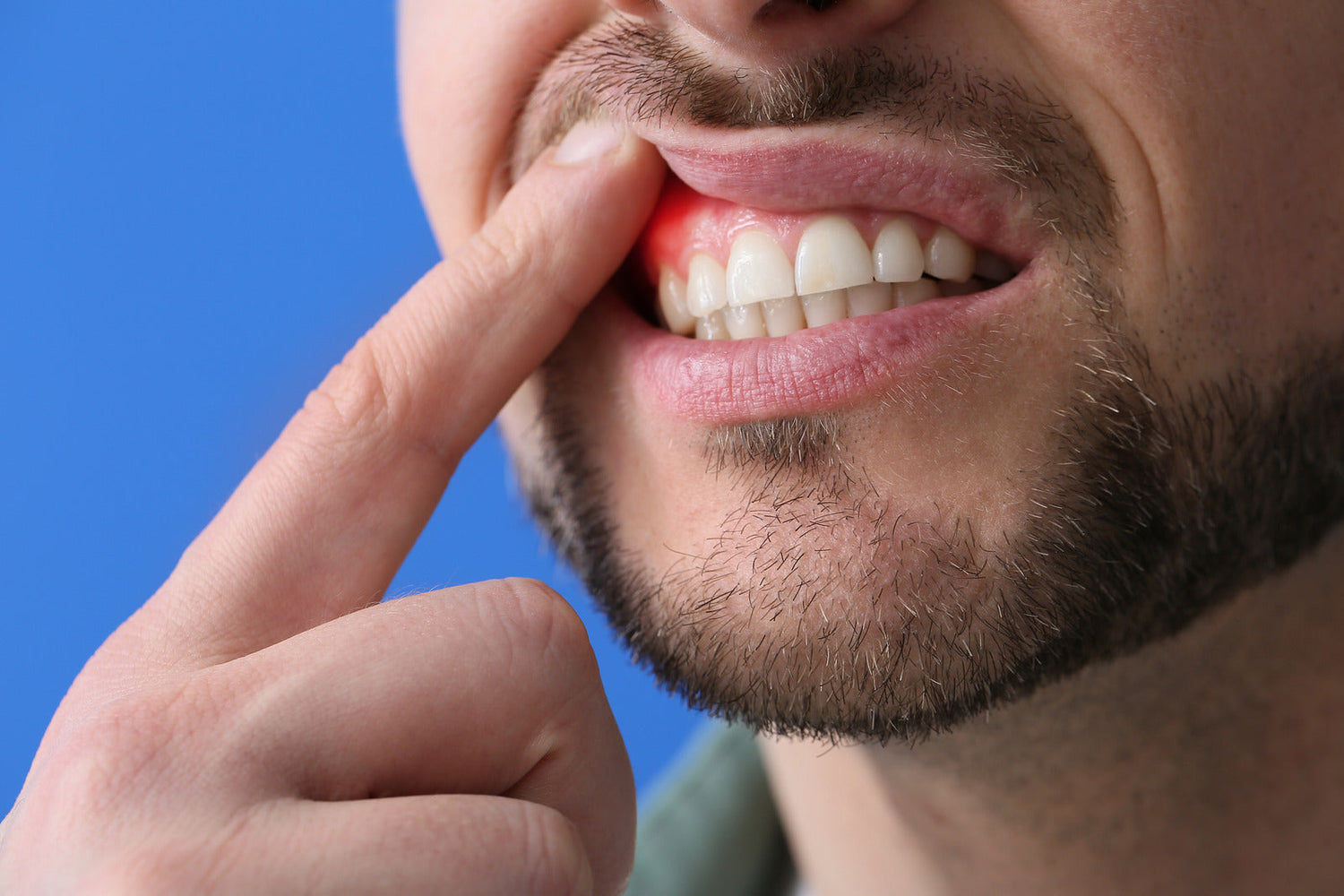Oral health is more than just a pretty smile. It’s a vital part of your overall health and well-being. Neglecting our teeth and gums can lead to a host of oral health issues, from tooth decay and cavities to more serious concerns like oral cancer. Fortunately, many of these problems are preventable with good oral hygiene practices and regular dental care. Use this guide to learn about five common oral issues, their causes, and practical prevention methods.
Tooth Decay and Cavities
Tooth decay, commonly known as cavities, is the most prevalent oral health issue worldwide. It starts when acids produced by bacteria eat away at the tooth's enamel, potentially leading to pain, tooth sensitivity, or even an abscess.
- Causes and Risk Factors: Poor oral hygiene, sugary and acidic foods, and certain medications can all contribute to tooth decay. Other risk factors include lack of fluoride, dry mouth, and certain diseases.
- Prevention Tips: Brushing with fluoride toothpaste twice a day, flossing daily, and limiting sugar and starch intake are essential. Dental sealants and fluoride treatments can also provide extra protection.
- Dental Care Recommendations: Regular dental check-ups and professional cleanings are crucial. Your dentist may recommend dietary changes or prescribe fluoride supplements.
Gum Disease
Gum disease, or periodontal disease, is an infection of the tissues that support your teeth, which can lead to loss of teeth and jawbone if left untreated.
- Types and Stages: Gingivitis is the earliest stage, followed by periodontitis. The latter can be categorised as chronic or aggressive depending on the severity.
- Symptoms and Warning Signs: Red, swollen, or bleeding gums, persistent bad breath, and loose teeth are serious warning signs.
- Preventive Measures: Daily brushing, flossing, and using an antiseptic mouthwash can help prevent gum disease. Eating a balanced diet and avoiding tobacco are also recommended.
Bad Breath
Chronic bad breath, also known as halitosis, can be very embarrassing. It is often caused by food particles stuck in your teeth, dry mouth, and poor oral hygiene.
- Causes and Factors: Bacteria in the mouth, decayed food, and poor dental hygiene can contribute to bad breath. It is also associated with certain health conditions and habits.
- Oral Hygiene Practices: Regular brushing of the teeth, tongue, and roof of the mouth can significantly reduce bad breath. Flossing and using a tongue scraper are also useful.
- Professional Treatments: If bad breath persists despite good oral hygiene, your dentist may recommend prescription toothpaste or mouth rinse.
Maintaining good oral health is crucial for overall wellness, impacting not just your teeth and gums, but also your confidence and quality of life. By understanding the common dental issues such as tooth decay, gum disease, and halitosis, and implementing the recommended preventive measures, you can significantly reduce your risk of developing these conditions. Remember, prevention is always better than cure. For more tips about oral healthcare, contact Medilogic.



